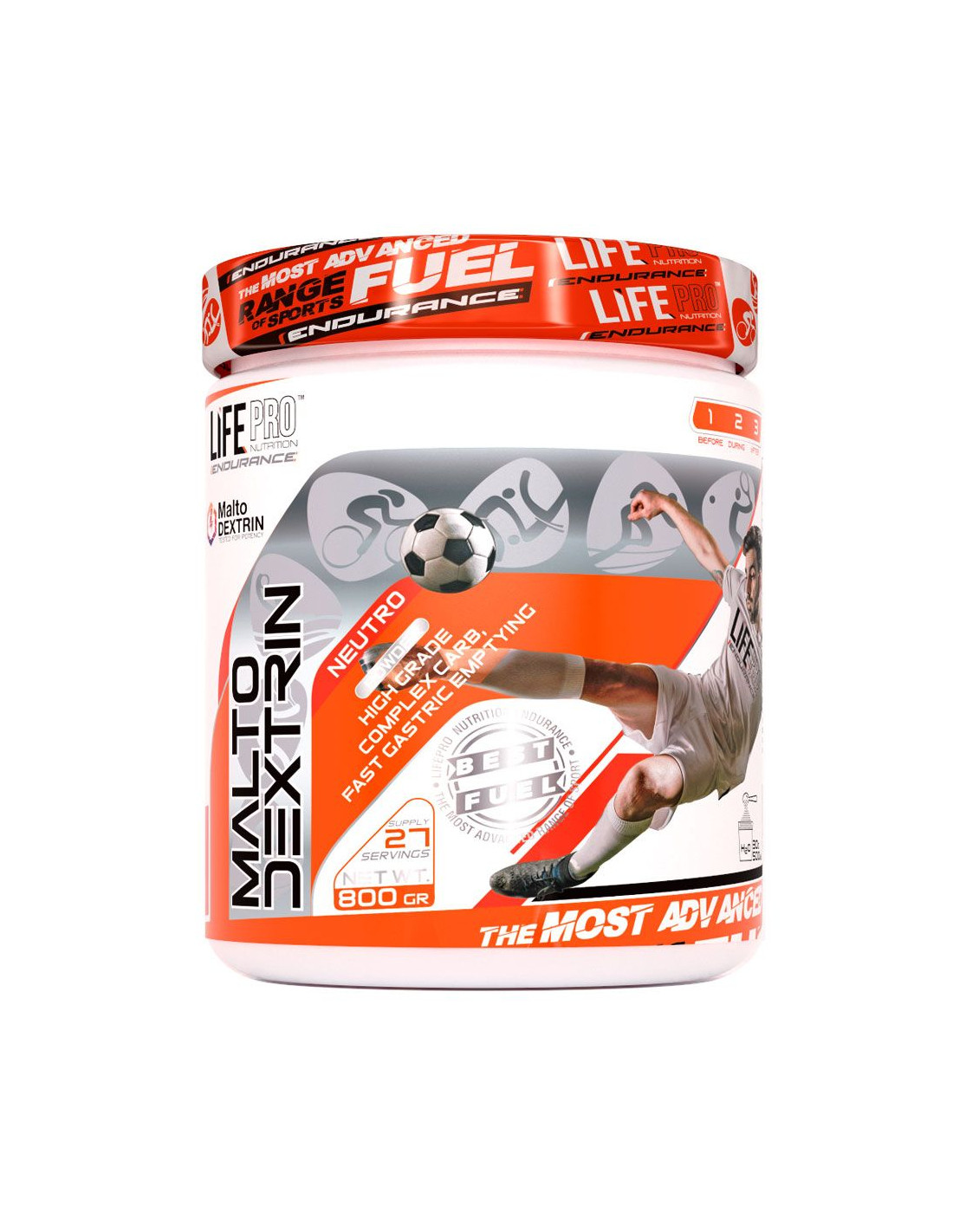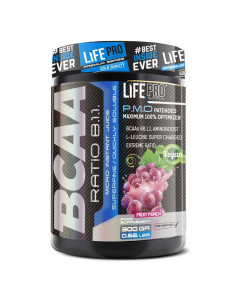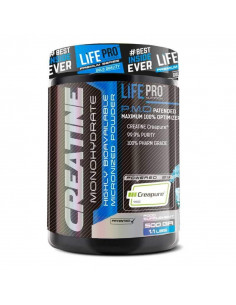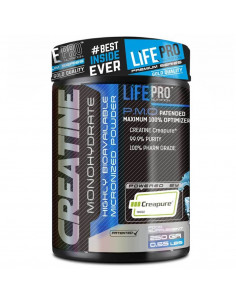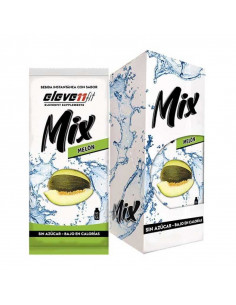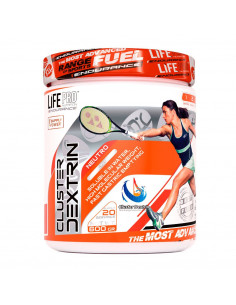
Composition
This product contains Maltodextrin (polymer formed by glucose).
What it is used for
It is very important to maintain the carbohydrate deposits in the body in an adequate state in order to optimize the performance of endurance exercise and, therefore, it is common for athletes to consume carbohydrates before, during and after this sport.
Thus, consuming carbohydrates during sports practice increases exercise performance and allows prolonging the time until exhaustion. On the other hand, we can differentiate carbohydrates according to their absorption speed, so that we find fast absorption and slow absorption carbohydrates. According to scientific evidence, most of the carbohydrates that should be provided during endurance exercise should come from fast-absorbing carbohydrates, where we find maltodextrin, whose use can be up to 60g/h or 1g/min.
This type of carbohydrate with a high glycemic index is very important in the practice of endurance exercise due to its capacity to increase blood glucose quickly after ingestion, which will facilitate the replenishment of glycogen deposits after training and, during training, allows maintaining glycemia during long duration exercises, avoiding the onset of fatigue.
Maltodextrin is an oligosaccharide composed of glucose polymers and obtained by the partial hydrolysis of corn, potato, wheat or rye starch. The particularity of maltodextrin is that, although it is a complex carbohydrate, it has a lower osmolarity than simple carbohydrates, which accelerates gastric emptying, thus reducing the problems that simple carbohydrates can cause. On the other hand, it has a high solubility and a low sweetening power.
On the other hand, it is important to know that the fact of using different types of carbohydrates will allow us to facilitate gastric emptying and fluid absorption by using different transport routes in the body, which is essential in prolonged exercise, so that maltodextrin becomes a very useful and practical option to combine with others with fructose, slow absorption, in a ratio of, approximately 2:1, and thus optimize the use of carbohydrates as energy substrate for performance enhancement during prolonged exercise.
Benefits:
- Carbohydrate supply.
- Facilitates gastric emptying and fluid absorption.
- Better digestion compared to other carbohydrates.
- Low sweetening power.
- Obtaining quick energy during exercise.
What dose to consume?
Adapt the dose to your daily energy and nutritional needs. However, the consumption of 30 to 90 g of carbohydrates during exercise has been shown to have an ergogenic effect in medium and long duration sports.

